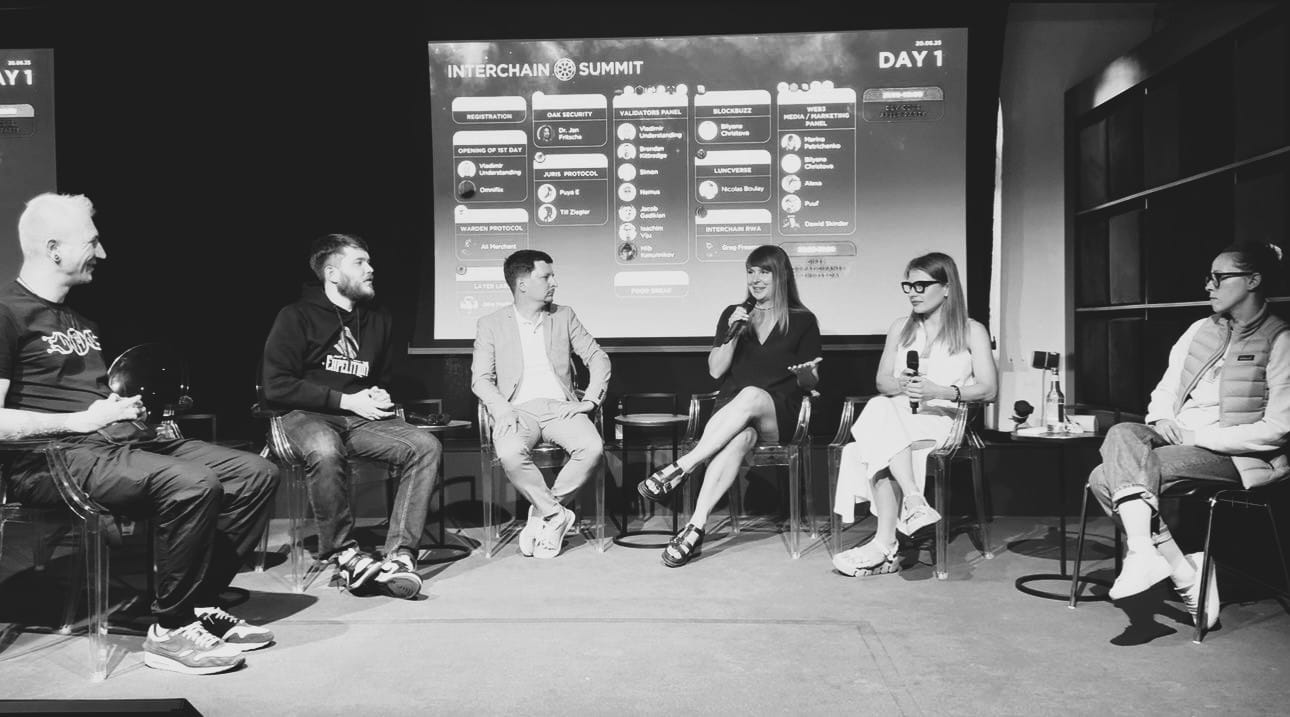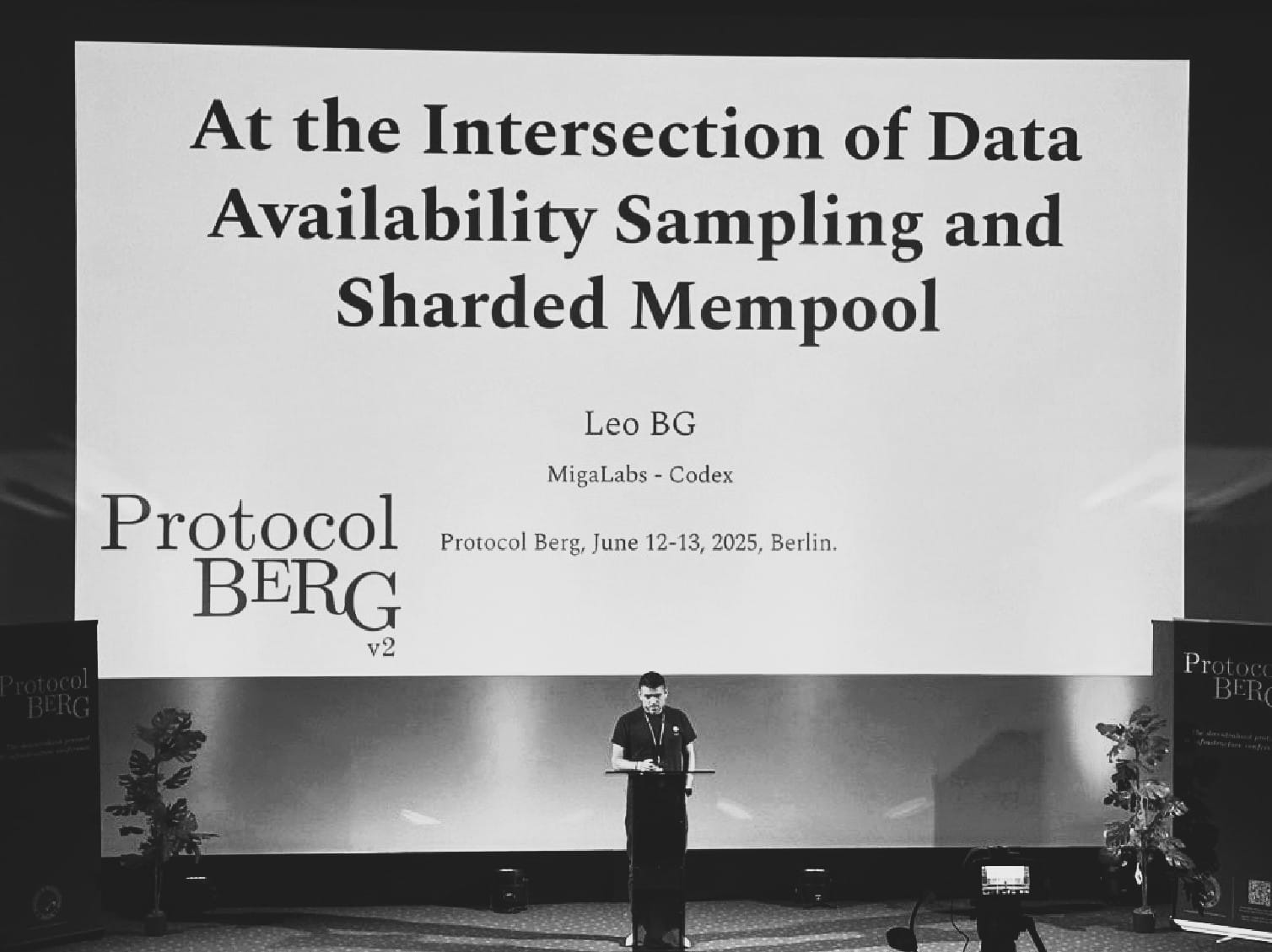Codex June Updates

Welcome to the Codex newsletter. Our monthly update offers a regular look into the development of the decentralised durability engine and peer-to-peer storage protocol.
Every month, we explore key developments, updates, and insights within the Codex ecosystem.
Below are the major updates from Codex for June 2025.
Exploring Codex Integrations
This past month, we recorded demonstrations and walkthroughs of how the Codex Data Durability Engine can be integrated with aligned decentralised protocols.
We explored an early integration of Codex with BitTorrent, offering a compelling glimpse into how legacy p2p protocols and emerging technologies can coexist and benefit each other.
We also outlined how Codex could be integrated with TACo and Waku for decentralised access control and privacy-preserving p2p communication. This was demonstrated in the use case of Cyphershare, which combines all three technologies.
The team demonstrated how it is possible to deploy a Codex node operating in Altruistic Mode on Akash Network, operating decentralised storage on top of distributed compute.
Creating Tools and Specifications
In addition to integrating Codex with other protocols, the team also explored various utilities and specifications for tools that could be built on top of Codex.
Firstly, the team explained the various ways in which users can interact with a local Codex Node, from using the CLI interface to deploying and managing the node on Dappnode with direct API calls.
The Codex team shared a specification for FileHog, a tool that can be built to automatically upload entire folders to the Codex network and update when new files are added.
Last month also saw us demonstrate Codex Factory, a CLI tool built in-house for quickly spinning up a Docker cluster of Codex nodes for advanced testing and/or development.
Community Engagement and Events
June saw Codex Growth Lead Marina head to Germany for Berlin Blockchain Week, where she spoke at Interchain Summit on June 20 – 21.

Codex also headed to Protocol Berg in Berlin from June 12-13 to share our work on how Codex can help to scale the world computer without compromising decentralisation.
At the event, Codex’s Leo gave a presentation on the intersection of data availability sampling and sharded mempools.

Last month, we published further material from Codex’s recent visit to ETHPrague, where Leo unveiled our research with the EF Foundation on a future of sharded mempools, ephemeral blobs, and p2p propagation.
Leo also headed to EthCC on June 30th to speak on the same topic and explore what is needed to enable 10x higher throughput on Ethereum.
We also hosted an X broadcast with TACo (Threshold Access Control), where we explored the different ways Codex Storage and TACo’s programmable access control can work together to create truly private and decentralised applications.
Announced last month, the Codex Student Programme continues to run, giving newcomers a chance to build at the cutting edge of distributed storage technology.
Open to Bachelor's, Master’s, and PhD students, the programme offers a chance to work hands-on with the Codex protocol and gain experience contributing to an open-source, censorship-resistant infrastructure.
Stay tuned for more updates on upcoming events, workshops, and other updates.
Join the Codex Testnet
Codex is currently in its non-incentivised testnet phase, open to anyone interested in running a node and contributing to the development of decentralised storage by sharing data across the network.
To install a Codex node and get started, head over to docs.codex.storage.
Once your node is up and running, share your feedback to help us improve the client.
We’ve seen several contributors sharing their experiences with installing and running a Codex node, and we encourage all new node operators to share their experiences and chronicle their journey to help us improve the client.
You can track live statistics on the Codex network via our metrics dashboard.
Follow Codex
Codex is a resilient storage network and data durability platform, advancing a censorship-resistant model for digital information.
To learn more about how peer-to-peer, secure, and censorship-free data systems work and how you can apply them, visit our website.
For detailed insights into Codex and its use cases, read our blog. For the latest updates, watch the recording of our most recent community call here.
Stay up to date by following us on social media and joining the discussion on Discord.

